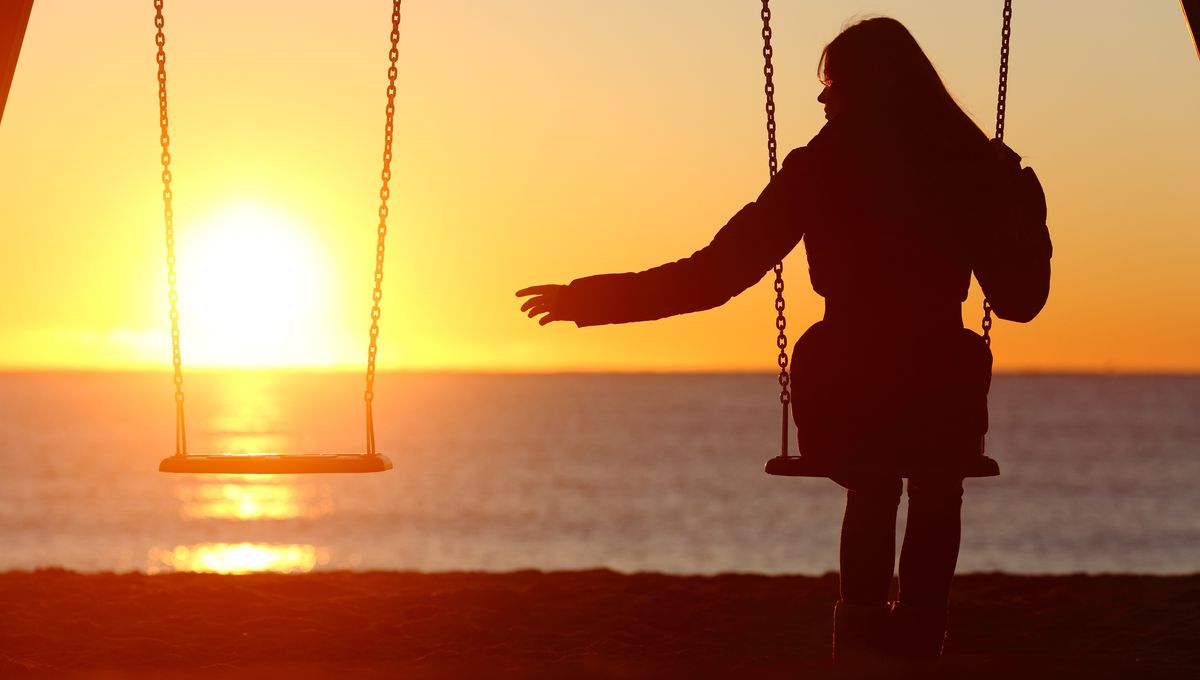
A “broken heart” is something we all understand as a figure of speech – a poetic way to describe the almost physical sensation of grief that comes with losing a loved one. But new research out of Shanghai suggests that having a sibling die in childhood or young adulthood really can have adverse effects on your heart health, increasing your risk of cardiovascular disease even decades after the initial loss.
“The sibling relationship is among the longest and most intimate in life, exerting a unique and profound influence on each other’s development during childhood and adolescence,” notes the study, published this week. “Previous studies have suggested that the loss of a sibling is a highly traumatic event and may be more disruptive than the loss of other family members.”
From such a profound loss, it makes sense that physical health should suffer. Yes, that sounds odd, but it’s true: traumatic experiences, particularly in childhood or adolescence, are well known to increase a person’s risk of developing illnesses such as gastrointestinal problems, cancers, autoimmune disorders, dermatological diseases, as well as mental illnesses, and, yes, cardiovascular diseases. Heck, you can literally die of a broken heart – a few arteries narrowed by grief should perhaps not be so unbelievable.
But exactly how dramatically the loss of a sibling would affect your lifelong heart health was a question that the researchers behind the new study couldn’t seem to find an answer to. So, using data from more than two million study participants – that’s all individuals born in Denmark between 1978 and 2018 – they decided to tackle it themselves.
The results were stark, if not surprising. “In line with previous studies that examined the impact of bereavement other than sibling loss, we observed 34 percent to 66 percent higher risks of heart failure, MI [myocardial infarction], IHD [ischemic heart disease], pulmonary embolism, and cerebrovascular disease among the bereaved who lost a sibling,” the study reports.
“Our study observed a stronger association among participants who lost a twin or younger sibling than those who lost an elder sibling,” the authors note. “Surviving elder or twin siblings may experience more intense grief, potentially leading to unusual psychophysiological states and abnormal cardiovascular health outcomes.”
While the increase in risk persisted even decades after the sibling loss – indeed, the median age of cardiovascular disease onset was about 23 years old – it was by far the highest within the first year after bereavement. This might have something to do with the body’s response to posttraumatic stress, the researchers suggested: it ramps up the amount of fight-or-flight hormones pumping around your cardiovascular system, increasing the demands on your heart and, essentially, wearing it out faster.
But there are potentially other factors at play, too. Researchers studying the link between PTSD and heart health will often point out the role of behavior as a variable: put simply, psychological stress makes you more likely to do things like smoke or drink to excess, or fail to keep up with exercise, therapy, or medication regimens – none of which will help stave off a heart attack. And, “while we adjusted for numerous key confounding factors,” the authors write, “the potential for residual confounding by unmeasured variables, including environmental and genetic factors among sibling pairs, cannot be entirely ruled out.”
Meanwhile, the authors caution that the results may not be applicable in certain countries due to the fact that Denmark, where the data originated, has an extremely well-developed universal healthcare system.
Overall, however, it seems clear: losing a sibling early in life can pretty literally break your heart.
“Sibling death in childhood and early adulthood was associated with increased risks of overall and most type-specific early-onset CVDs,” the paper concludes. “The risk was the highest shortly after the bereavement, especially for adolescents, but persisted in the long run.”
“The findings highlight the need for extra attention and both social and mental support to bereaved siblings to reduce CVD risk later in life,” they write.
The paper is published in the journal JAMA Network Open.
Source Link: The Death Of A Sibling Could Increase Your Risk Of Early-Onset Heart Disease